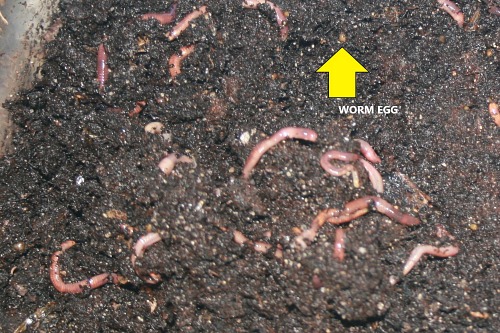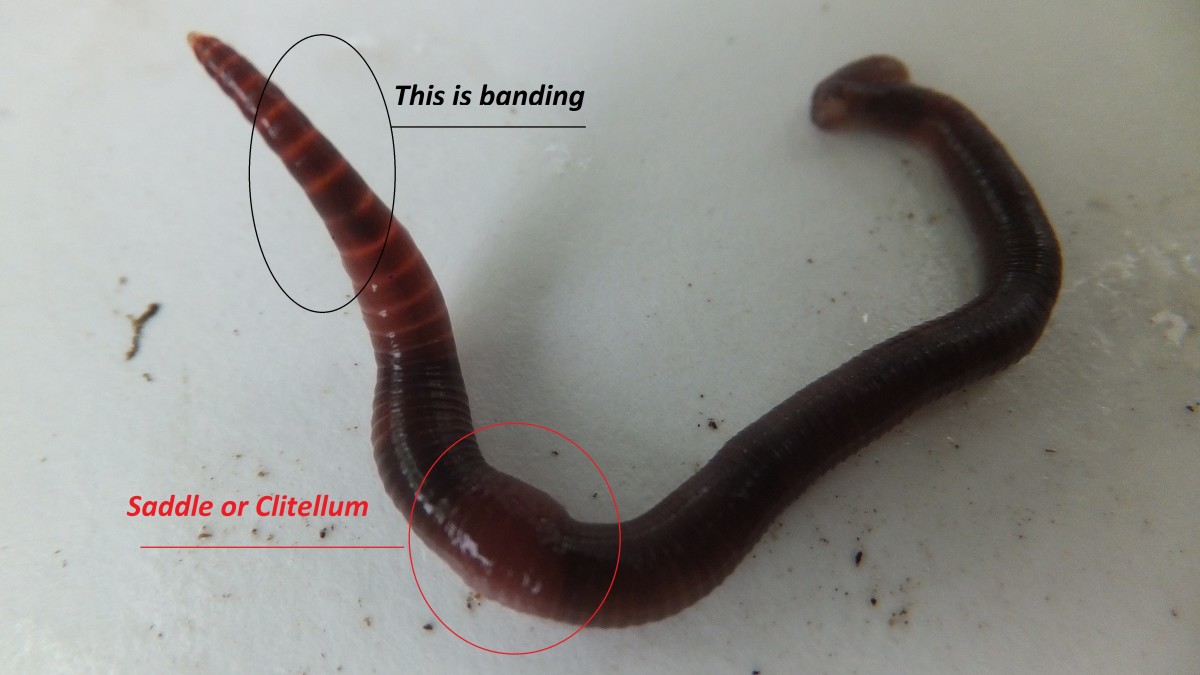Red Wiggler Worms available for sale - Sustainable Waste Administration Option
Red Wiggler Worms Demystified: Opening the Tricks of Vermiculture for Greener Living and Nutrient-Rich Soil
In the world of lasting practices for improving soil high quality and promoting eco-conscious living, red wiggler worms play an essential yet usually forgotten role. Red Wiggler Worms. Recognizing the intricacies of caring for these worms, maximizing their environment, and utilizing their castings can lead to a greener lifestyle and healthier dirt for plants to thrive.
The Function of Red Wiggler Worms
Red Wiggler worms play an essential role in composting systems by efficiently damaging down organic matter right into nutrient-rich castings. These starved eaters consume a selection of organic products, such as cooking area scraps, yard waste, and paper items. As they feed, the worms' gastrointestinal processes damage down the organic issue right into a penalty, dark, and nutrient-dense material understood as worm spreadings or vermicompost.
The castings produced by Red Wiggler worms are extremely beneficial for soil wellness and plant growth. They are abundant in crucial nutrients like potassium, phosphorus, and nitrogen, which are crucial for supporting healthy and balanced plant advancement. Additionally, worm castings include helpful microorganisms and enzymes that help enhance dirt structure, increase water retention, and enhance nutrient uptake by plants.
Benefits of Vermicomposting

Moreover, vermicompost, the nutrient-rich final result of vermicomposting, works as an exceptional organic plant food and soil conditioner. It boosts dirt framework, enhances dirt aeration, and raises soil dampness retention. These properties add to much healthier plants with stronger origin systems and much better resistance to bugs and diseases. Vermicompost likewise improves the soil with crucial nutrients like phosphorus, nitrogen, and potassium, promoting plant growth and total dirt fertility.
In addition, vermicomposting supports sustainable gardening methods by giving a natural and chemical-free alternative to synthetic fertilizers. Red Wiggler Worms. This ecologically pleasant strategy not just improves the soil however additionally helps decrease dependence on harmful chemicals, promoting a greener and extra lasting means of horticulture
Establishing a Worm Container
When developing a worm bin for vermicomposting, proper arrangement is critical to make certain the success of the composting procedure. The very first step in establishing up a worm container is picking an ideal container.
After including the bed linen, introduce the red wiggler worms to the container. The worms ought to after that be supplied with food scraps such as fruit and vegetable peels, coffee premises, and eggshells.
Consistently keep an eye on the moisture levels and temperature in the worm bin to make sure ideal problems for the worms. With proper arrangement and maintenance, the worm container will successfully convert natural waste right into nutrient-rich compost for your plants and yard.
Harvesting Worm Castings
To effectively accumulate nutrient-rich worm spreadings from your vermicomposting system, a methodical harvesting technique is essential. When it comes time to harvest the worm castings, there are a couple of crucial actions to comply with to make certain an effective procedure.

Troubleshooting Common Issues
Identifying and attending to usual difficulties that may occur during the vermicomposting procedure is essential for maintaining a efficient and healthy and balanced worm container. news One usual concern that vermicomposters experience is overfeeding. Adding excess food scraps can result in a buildup of dampness and level of acidity in the worm bin, potentially harming the worms. To prevent this, feed the worms in small amounts, making sure that the food scraps are effectively broken down before including more. Another concern is unpleasant smells originating from the worm bin. Foul scents suggest anaerobic problems, generally brought on by overwatering or inadequate air flow. To remedy this, change the dampness degrees by adding completely dry bed linen materials like shredded paper or cardboard and boost oygenation by transforming the bed linens routinely.
Furthermore, if the worm population is declining or the worms show up unhealthy, maybe because of ecological stress factors such as extreme temperatures or pH levels. Keeping an eye on these aspects and making click here for more info essential changes is essential for the health of the worms. By troubleshooting these typical concerns promptly, vermicomposters can make sure a smooth and effective vermicomposting procedure while maintaining a prospering worm populace.

Conclusion
In verdict, red wiggler worms play a critical duty in vermiculture by damaging down organic matter right into nutrient-rich soil. Setting up a worm container is necessary for successful vermiculture, and harvesting worm spreadings offers important garden compost for horticulture.
As they feed, the worms' digestion processes break down the organic issue into a fine, dark, and nutrient-dense product understood as worm castings or vermicompost.
The spreadings created by Red Wiggler worms are highly beneficial for dirt health and wellness and plant growth. Including excess food scraps can lead to a buildup of dampness and acidity in the worm container, potentially harming the worms.In addition, if the worm population is decreasing or the worms appear undesirable, it could Home Page be due to ecological stressors such as severe temperatures or pH degrees. Establishing up a worm bin is essential for successful vermiculture, and collecting worm spreadings supplies valuable compost for horticulture.